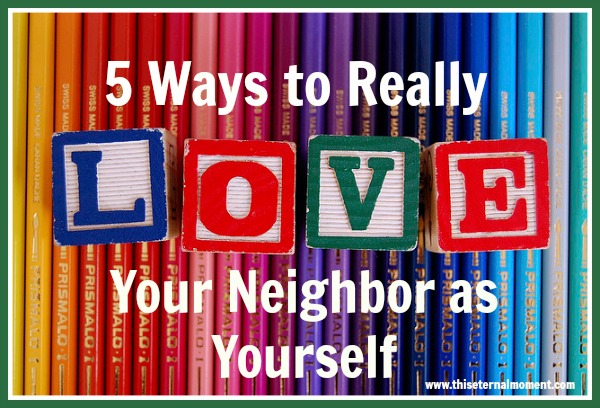
A story from the Desert Fathers goes as follows: “A brother came to see Abba Macarius the Egyptian and said to him, “Abba, give me a word, that I may be saved.”
So the old man said, “Go to the cemetery and insult the dead.” The brother went there, hurled insults and stones at them; then he returned and told the old man about it. The latter said to him, “Didn’t they say anything to you? He replied,”No.”
The old man said, “Go back tomorrow and praise them.” So the brother went away and praised them, calling them Apostles, saints and blessed people. He returned to the old man and said to him, “I have complimented them.” And the old man said to him, “Did they not answer you?” the brother said no.
The old man said to him, “You know how you insulted them and they did not reply, and how you praised them and they did not speak; so you too if you wish to be saved must do the same and become a dead man. Like the dead, take no account of either the scorn of others or their praises, and you can be saved.”
Becoming Unoffendable
How do we become unoffendable when someone says something that leaves us hot and bothered? God’s Word gives us clear direction on this issue – Here are a few strategies:
1) Recognize that offenses come to us all: In Luke 17:1 Jesus says, “It is impossible that no offenses will come…” We are all tempted to sin by becoming offended. We are all weak and imperfect people. There is no such thing as a perfect relationship among humans. Knowing this can help us be on our guard against offense.
2) Acknowledge points of weakness: We all have “sensitive places” and points of weakness when it comes to taking offense. Acknowledging these and asking yourself the deeper questions, “Why am I so offended about this?” will help us to avoid becoming offended. Often, we can become offended in areas of our lives where we have unresolved hurt, anger, or insecurity.
3) Avoid becoming trapped! The word “offense” in the Bible is the Greek word “skandalizo” which means “to put a stumbling block or impediment in the way, upon which another may trip and fall.” When we “take the bait” of offense, we (not the other person) become trapped!
4) Give people the benefit of the doubt – Most people aren’t aiming to insult or offend you – they are likely blind to the fact that what they have said has hurt or injured you. When we realize how many times we have unintentionally said things that offended others, we can be gracious and forgiving to others.

Look to Christ for Help
The words Christ spoke when He was on earth have offended (and will continue to offend) many people. He knows what it is like to have people take offense at his teachings and thoughts. He also knows what it is like to be ridiculed, mocked, and betrayed and yet – He was not offended.
On the cross, He even said “Father, forgive them – for they don’t know what they are doing.” He gladly received back his closest companions after they abandoned him at his time of greatest need. He experienced all this and chose the path of love and forgiveness.
What is one area of your life where you are likely to take offense? Have you become offended with someone recently? Take some time today to pray about it and ask the Holy Spirit to give you strength to let go of that offense and move on.



